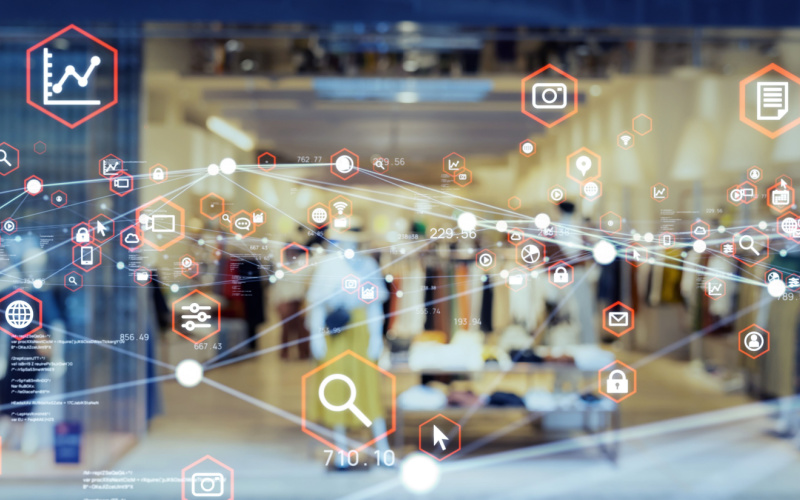AI Blind Spots? Here’s What Retailers May Miss About Artificial Intelligence
When does confidence become overconfidence?
That’s a question retailers should consider when they think about artificial intelligence (AI).
A new survey by Blue Yonder found that almost all retail executives feel confident in their command of AI. Executives overwhelmingly say they know a lot about AI, are using the technology and have made further AI adoption a priority going forward.
These findings might make you think retailers are prepared for the AI revolution.
Not so fast.
Confident retail executives should remember this warning from AI researcher Eliezer Yudkowsky:
“By far the greatest danger of Artificial Intelligence is that people conclude too early that they understand it.”
Missed Opportunities
Retail executives seem to overestimate their understanding and use of AI. Consider what top researchers have recently reported:
- Boston Consulting Group: “The vast majority [of retailers] are missing out on an opportunity to embrace solutions powered by AI that promise to improve resilience and deliver long-term structural advantage.”
- Harvard Business Review: “Even as Walmart, Amazon, and a few other leading retailers operate at the leading edge of the analytics frontier, … most of their competitors still use very basic tools that are far better able at tracking where they’ve been than where they should be going.”
Blue Yonder’s Srinivas Pujari – corporate vice president for product management commerce and data science – sees the same gaps. “When people say AI, they tend to put everything into one bucket,” Pujari said. “But understanding general concepts is not the same thing as knowing all the different kinds of AI and where each is best suited. Lots of things that go under the umbrella term ‘AI’ have important distinctions.”
Retail executives don’t fully grasp those distinctions or the best ways to use AI. That becomes clear when you dig into the Blue Yonder survey findings.
Take one of the most powerful AI tools: predictive AI, which allows you to understand customers better and improve forecasting. In the survey, more than 4 out of 5 executives said they were extremely or very knowledgeable about predictive AI. That knowledge supposedly included how to apply it.
But how many actual used predictive AI?
Only 29%.
Predictive analytics has proved key to the success of retail giants such as Target. And AI increases the power of predictive analytics dramatically. So, when fewer than a third of retailers are using predictive AI, the industry is missing a huge opportunity.
Disappointed Customers
Even fewer retailers — 18% — used AI to optimize their inventory by keeping their dynamic safety stock up to date. And just 16% applied AI to improve the accuracy of their estimated ship dates.
Why do such low levels of adoption matter? Pujari used dynamic safety stock as an example. “Without the powerful real-time insights AI offers you,” he said, “you may hold back too many units of a particular product. That means you lose sales. On the flip side, you might hold back too few. Then you’re selling products you don’t actually have in inventory. That means you’re disappointing customers.”
Even the most widely used AI applications leave plenty of room for increased adoption. Fewer than half of survey respondents applied AI to:
- Fulfillment optimization (48%).
- Labor scheduling and workforce optimization (45%).
- Demand forecasting (42%).
- Inventory placement (42%).
And those are the topuse cases in commerce.
But retailers know they are disappointing their customers. In the survey, they cited inaccurate inventory counts as the No. 1 cause of poor customer experience. More than half of the executives surveyed said they had dealt with this problem over the past year.
So, you need to take a closer look at your company’s AI strategy even if you’re confident you’re on top of it. Maybe especially if you’re confident.
Download the 2023 AI Adoption Survey Report
Download the full survey results to see how your company stacks up and learn how Blue Yonder’s AI-infused solutions can help you make and deliver promises to your customers.
Schedule an AI Consultation with Blue Yonder
Our commerce experts can help you pinpoint how AI can improve the accuracy and efficiency of your order life cycle to increase revenues, decrease costs, and create loyal customers. Contact us today!

